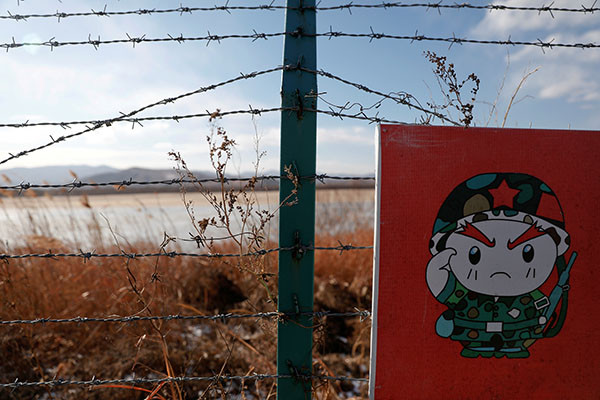China recently announced that they would be limiting business freight practice shipments to North Korea. In lieu of the limitation, China's commerce officers revealed that they would supply larger masses of meal support to Pyongyang. They also claimed that Radio Free Asia (RFA) sources have claimed that within the Chinese language border of Dandong, people had been suffering the worst drought in a decade.
A recent report claimed that North Korea had not admitted any type of meal disaster within its borders, but sources have claimed that China is preparing to provide a large-scare meal support bundle in 2020 to the country.
A supply in Dandong has revealed that RFA's Korean Service shared that despite the abundance of freight trains in Dandong's rails stations, business freight would be limited throughout the Sino-Korean border.
The supply claimed that the move is an uncommon one and that China introducing freight trains at Dandong may include strange cargo. Moreover, the supply also revealed that commerce officers from China wanted to ship meals support faster thereby limiting the business freight activities.
The said meal support items would consist of soybean oil, flour, and corn to North Korea. There was, however, unclear showing that unglutonous rice which is a common staple food in North Korea and Japan would be included in the shipments. The supply further added that meals had been stockpiled close to Dandong station as of the moment.
It was further revealed that in the next 12 months, meal support to North Korea would be a huge operation within the freight practice terminal. It would most likely be shipped to Sopo Station in Pyongyang.
It was previously reported by the New York Times that the state-run Korea Central Information Company revealed the country had been experiencing its worst drought in 37 years. It was also predicted that the meals disaster in the country would worsen since there is a significant lack of harvests from 2018, its worst in a decade.
Moreover, the report claimed that organizations such as the World Meals Program and the Meals and Agricultural Food Group have been helping to alleviate the crisis in North Korea. They claimed that harvests last June of 2019 had been significantly low especially those concerning wheat and barley.
It was further revealed that the extraordinarily low turnout of crops could lead to a greater drought. Furthermore, a report launched by the United Nations Workplace of the Excessive Commissioner for Human Rights claimed that there are 10.9 million folks in North Korea that had little to no access to sufficient meals in 2019 alone.





